Are you hoping to teach life skills to your preschool-age child? The Montessori curriculum includes a whole category of lessons known as “practical life skills” which are designed to help children build independence. Read on to learn about what these skills are and how you can easily teach them to your toddler or preschooler:
What Are Montessori Practical Life Skills?
Children strive to become independent from the moment of their birth. As soon as they are able, they learn to sit up, crawl, and then walk! Then, babies learn to feed themselves and explore the world around them.
It takes a lot of persistence and determination. Yet, babies work toward these goals as if driven by an inner need.
Maria Montessori noticed this desire. So, she created practical life activities to help children meet this inner need for independence. From a young age, kids want to participate. They want to have control over their hygiene, getting dressed, and their environment.
Some examples of life skills preschool children might learn in a Montessori home include:
- Folding clothes
- Polishing shoes
- Making a snack
- Spooning beans
- Pouring water
- Wrapping a present
- Cleaning up a spill
- And more.
Are you ready to try teaching your child some Montessori practical life skills?
3 Montessori Practical Life Activities to Try at Home
Montessori practical life activities are easy to include in the home because they take place naturally in daily life! Here are three you can try with your child:
Practical Life Activity 1: Preparing a Snack

Have you ever met a toddler who doesn’t like a snack? We haven’t met any yet.
Teaching young children to cook and prepare food is beneficial. Plus, it gives children something to do while you’re busy with other kitchen tasks.
One easy snack to prepare is a cucumber. Invite your child to chop a cucumber into slices. Then, they can arrange it on a plate, and use a toothpick to eat the slices. Or, they can offer slices to other family members and friends.
Preparing crackers and cream cheese, fruit salad, or even assisting with baking are other great activities. Or, help your child prepare other kid-friendly recipes.
Remember, your child can also help with basic clean-up tasks like wiping off counters and throwing the trash away. In the Montessori method, this is "care of the environment." By cleaning, children learn to be responsible.
Montessori Practical Life Activity 2: Montessori Transferring Activities
Prepare a tray with two matching bowls. Fill the bowl on the lefthand side with beans or another grain. Add a spoon to the tray. Then, demonstrate to your child how to carefully spoon beans from the bowl on the left to the bowl on the right.
When all of the beans have been transferred the activity is complete. You can reset the activity by placing the full bowl on the left side again. This activity builds fine motor skills and helps children become more independent at mealtime! You can replace the grains with different objects and trade the spoon out with different-sized spoons or tweezers to vary the activity.
Similarly, you can do the activity with two pitchers and water. For extra fun, dye the water with food coloring so that it’s easier for your child to see how full the pitchers get. Or, use bowls, colored water, and a pipette, a medicine dropper, or a syringe.
Try to use as many real life materials as possible. Use real glass, china, wood, or metal objects that are beautiful. Using fragile and beautiful objects helps children learn to be careful with the materials. Plus, it draws children into the activity.
Remember to have cleaning supplies at the ready. When spills happen, your child can practice problem solving and care of the environment. Plus, spilling helps children learn control of movement.
Montessori Practical Life Activity 3: Wrapping a Present

Is there anything more exciting for a child than wrapping a present? Not much can top this exciting activity.
This Montessori practical life activity is fun, while also using lots of fine motor skills and concentration. For this activity, use craft paper or actual wrapping paper and a small box.
You might invite your child to put a toy or fun object inside the box first. Then, demonstrate how to fold the paper and use tape to hold it in place to wrap the box. Ask your child to try to do the same.
Finally, use ribbon to decorate the gift or tape a bow on top. Of course, because this is an exercise, your child can open the gift afterward!
As your child builds their skills, you can then invite your child to help wrap gifts for friends and family members.
Montessori Practical Life Materials to Have on Hand
Some of the most popular practical life lessons include pouring, spooning, cleaning, and cooking. It can be helpful to stock up on some basic Montessori practical life materials. Here’s a list of materials to have on hand:
- Dry grains such as beans, rice, corn, lentils, etc.
- Small sets of matching bowls
- Small sets of matching pitchers
- A variety of spoons
- Tweezers
- Pompoms, jingle bells, marble, buttons, etc.
- Food coloring
- Trays
- Child-safe knives, including wooden knives or butter knives
- Apron
- Small table for working
- Helper tower for reaching counters while cooking
- Child-sized broom, dustpan, mop, and other cleaning supplies
With these supplies available, you can easily incorporate Montessori practical life activities into your child’s routine. Which activity will you try first?
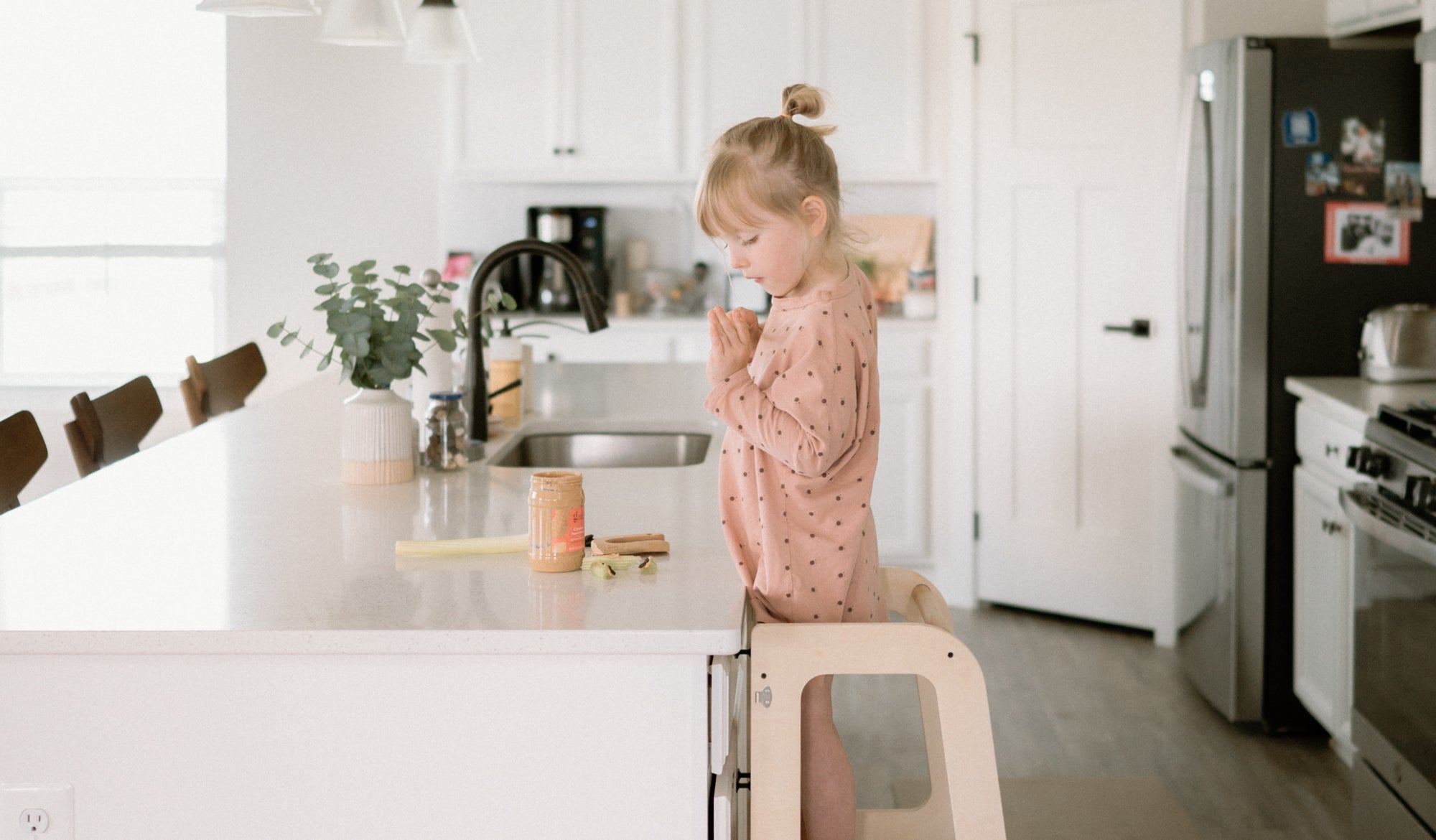

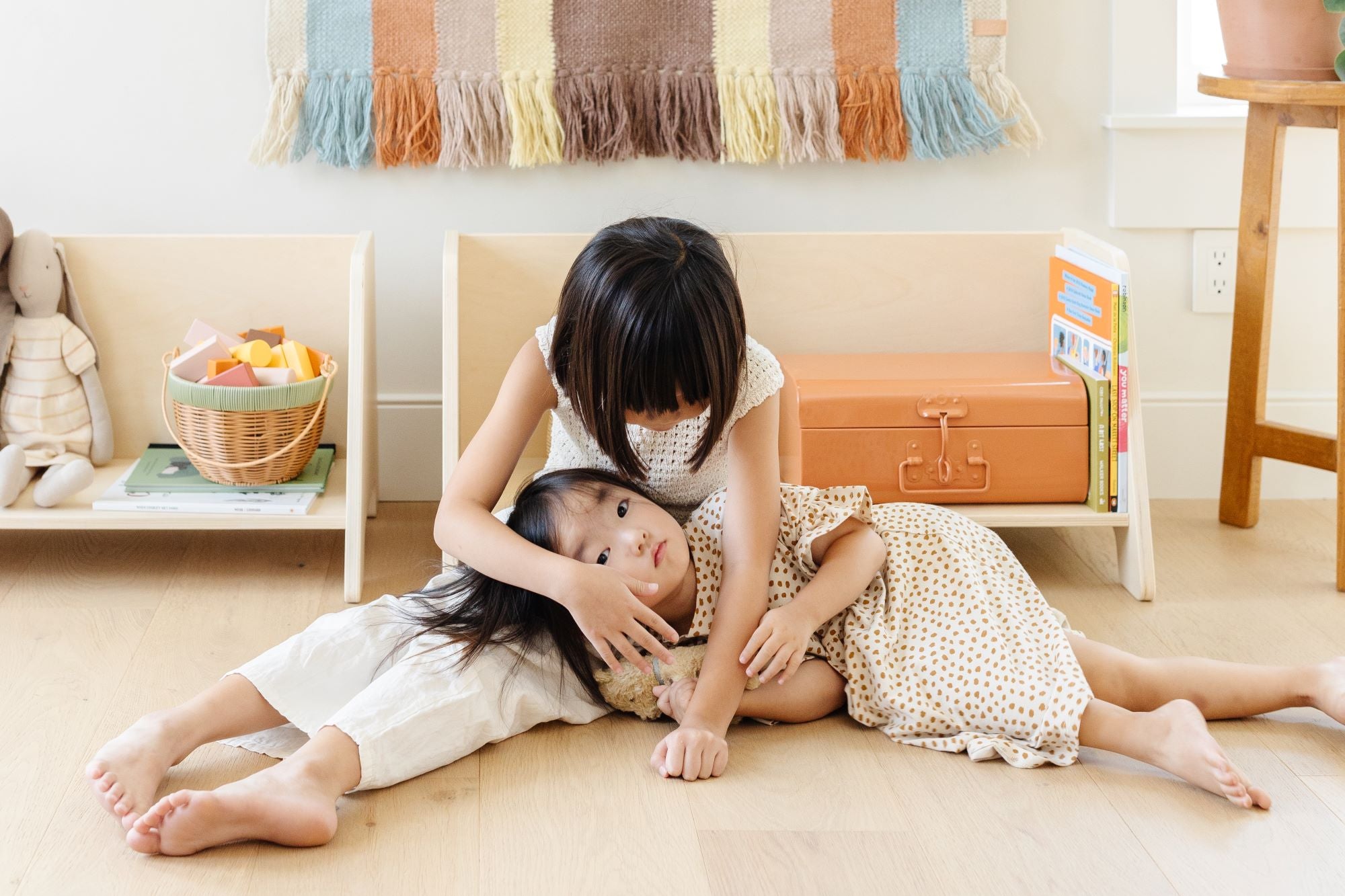
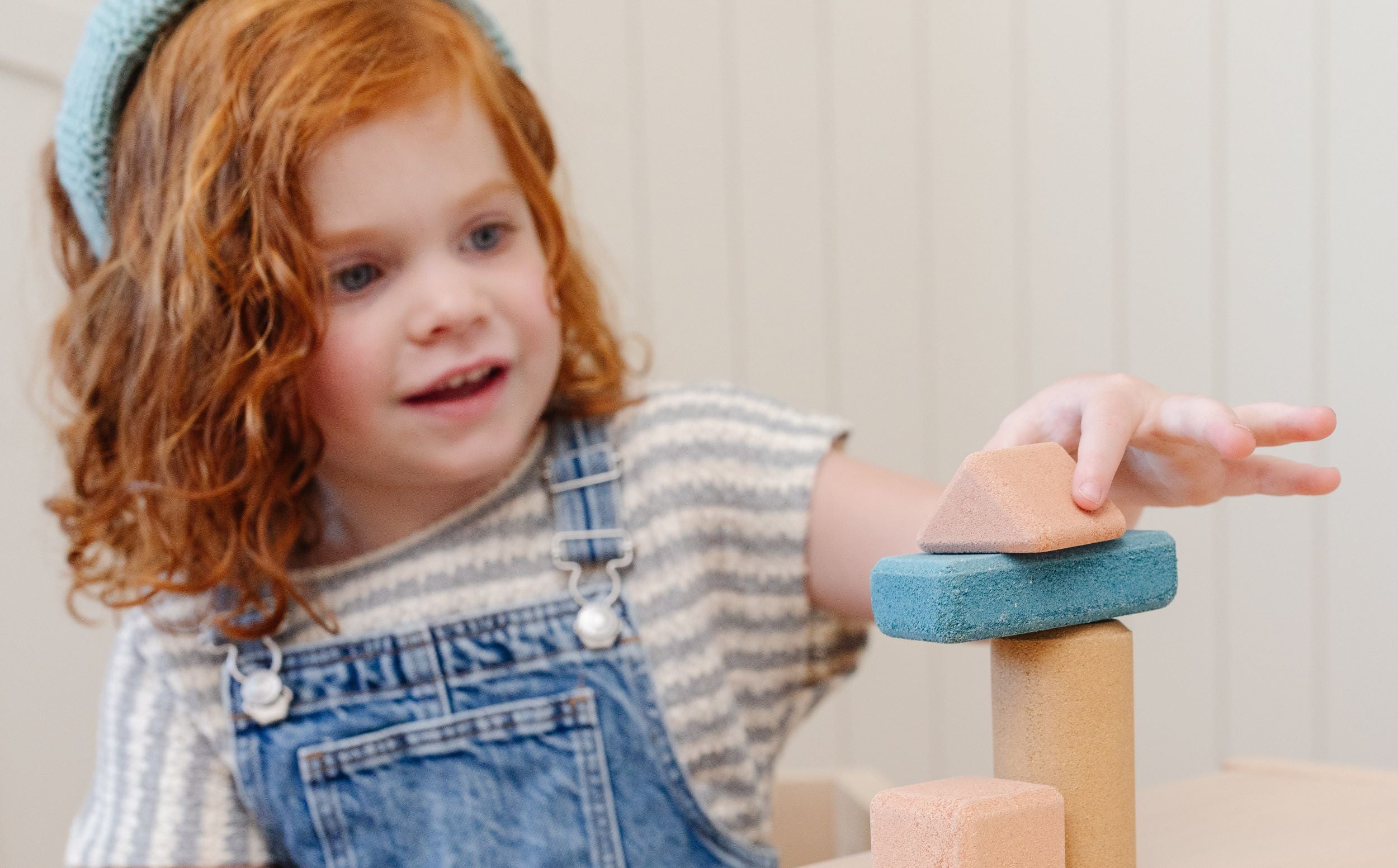
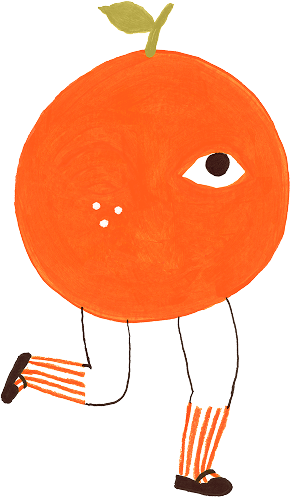

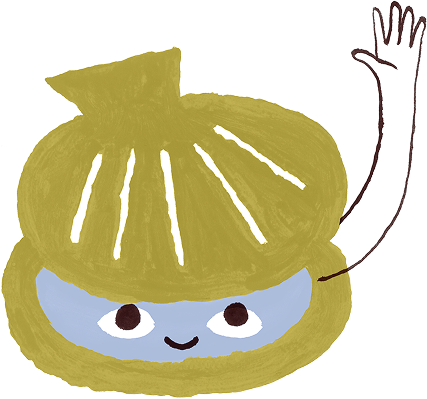
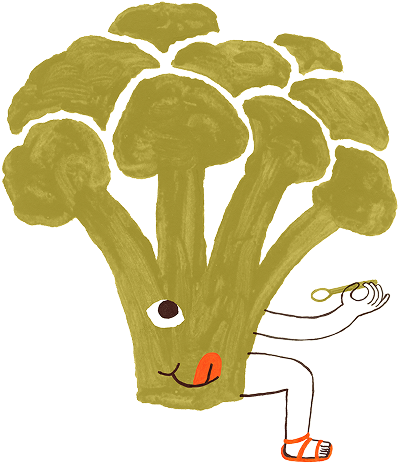
Leave a comment
This site is protected by hCaptcha and the hCaptcha Privacy Policy and Terms of Service apply.